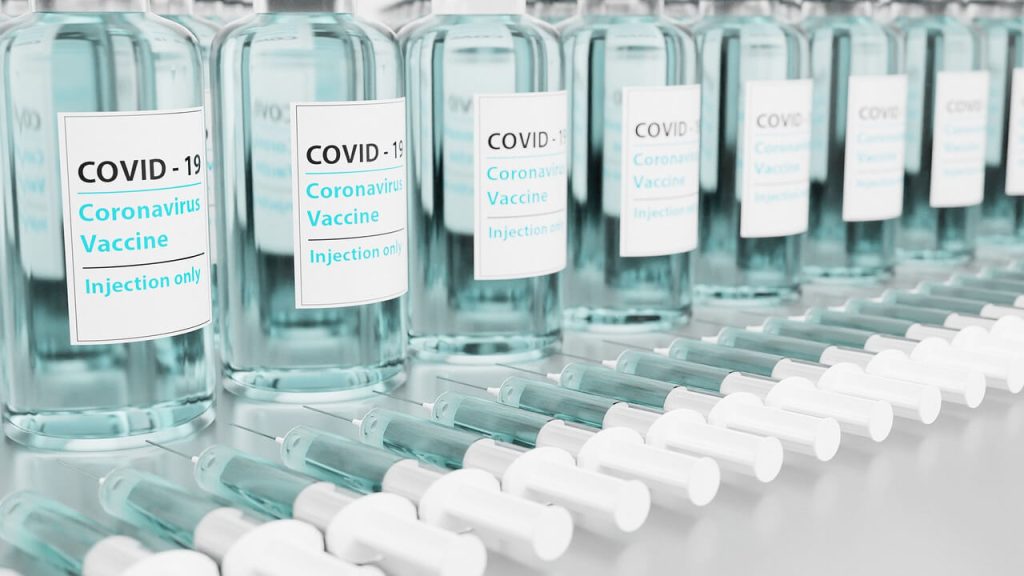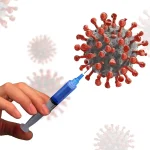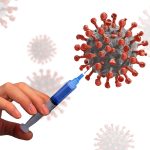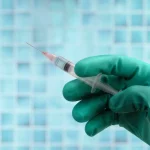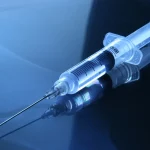Jutarnji List reports that in the second half of April, Croatia should vaccinate everyone over the age of 65 with one dose of the coronavirus vaccine, 55 percent of the total adult population should be vaccinated by June 30, and 70 percent by the end of the summer. The third phase of mass vaccination at the Zagreb Fair should finally start from mid-April, which will include all those who have registered on the cijepise.zdravlje.hr platform, according to the order of applications.
In the week when we recorded a significant increase in the number of new cases, good news arrived on Thursday night from Brussels. It was agreed that an additional 747,000 doses of Pfizer vaccine would be delivered to Croatia by the end of June. This month, Croatia should get 600,000 doses from different manufacturers, which is more than in the first three months of this year in total, which finally allows us to start mass vaccination.
Already this week, more than 120,000 doses of vaccine arrived. Zagreb received 30,000 doses of AstraZeneca on Friday, and on Wednesday, says the “Štampar” director, Zvonimir Šostar.
“We are going to finish the second phase, and then from April 15, we will enter the third phase where we will invite all Zagreb citizens registered on the cijepise.zdravlje.hr platform. Citizens will get the exact dates, and as they applied, we will call them. We ask everyone to come at the right time, and not earlier so as not to create crowds,” says Šostar and adds that those who reported to their doctors will also be vaccinated because they had to register them on the platform.
“We are now in the middle of the second phase of vaccination in the whole country, but there are several people from that phase who do not want to be vaccinated, so I believe that the third phase could start on April 15 in Zagreb. We will determine the economic priorities for vaccination, and we will send all the surplus to the points for mass vaccination,” says the director of the Croatian Institute of Public Health, Krunoslav Capak
Tourism Minister Nikolina Brnjac said on Friday that she expects tourism workers to begin vaccinations in May. With these additional doses of Pfizer, Croatia has now exceeded the number of 9 million ordered doses. With that, Croatia will be below the EU average by June 30 because the Union will be at 65 percent, and Croatia at 55 percent of vaccinations. This ratio would have been much worse if these additional doses had not been agreed upon because only 90,000 doses would have arrived in Croatia in the second quarter under the proportional “pro-rata” system. Croatia is now at 11.4 percent of adults vaccinated with a single dose, while the EU average is 13.9 percent.
It is unknown what amounts will arrive per week from these additional doses, but more than 50,000 doses can be expected each week until the end of June. Also, Croatia should receive 50,000 to 70,000 doses ordered earlier, which means that Croatia could have more than 100,000 doses per week.
Negotiations over these additional doses, sources say, have been quite difficult. Croatia thought that a larger amount of vaccines should be given to those countries with below-average vaccination coverage because they bet on AstraZeneca, which delivered only 30 percent of the agreed doses to the EU and only 17 percent to Croatia. In addition to Croatia, the winners of this agreement are Bulgaria, which has the lowest vaccination coverage, Latvia, Estonia, and Slovakia, while the biggest losers are the Czechs. Namely, an agreement was reached between 24 member states, and Austria, the Czech Republic, and Slovenia did not join in because they demanded a larger amount of doses for themselves. However, all three countries will be above the EU average in July.
Other countries did not agree to this, and Austrian Chancellor Sebastian Kurz and his colleagues from Slovenia and the Czech Republic remained isolated. It was not well received that Kurz was photographed with the Russian ambassador at the time when solidarity was being discussed, and it is significant that German Chancellor Angela Merkel did not even want to receive him in Berlin two weeks ago. Eventually, 19 states waived part of their total of 10 million doses arriving in the second quarter instead of the fourth.
Austria and Slovenia got something more than giving up part of their pro-rata doses but will not get anything in the fourth quarter. However, the Czech Republic, which is the hardest-hit country in the EU, received even less because it did not agree. For this principle that, in addition to pro-rata, vaccination is also considered, given the problems with AstraZeneca, Croatia advocated for an expert body of the Council, the so-called Steering Board. However, no agreement could be reached because the Scandinavian countries and Malta opposed this model.
After that, the European Council was held, after which some countries changed their position. Then, the conclusion was to find a solution in the “spirit of solidarity” for the distribution of these doses and to move the negotiations to the Permanent Representatives Committee (ambassadors). The Portuguese Presidency has put on the table a proposal to distribute 70 percent of the doses to everyone and 30 percent to go to these five states. And that was eventually accepted.
For more about Covid-19 in Croatia, follow TCN’s dedicated page.
For the latest travel updates and COVID-19 news from Croatia, CLICK HERE.

